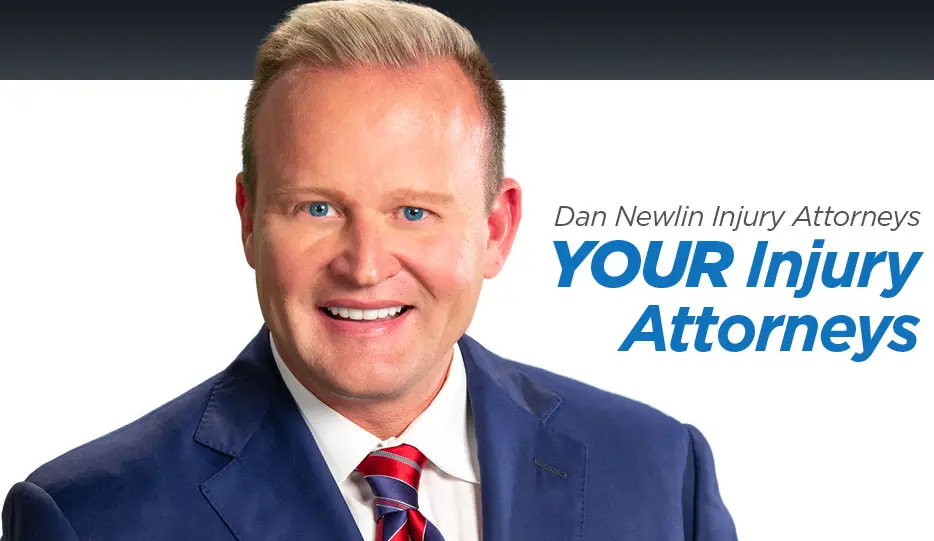FAQ's: Your Questions Answered
FREE CONSULTATION
With all the testing, how can there be so many defective prescription drugs?
Despite the FDA being charged with exercising stringent regulatory processes when approving prescription drugs, drug manufacturers put tremendous pressure on the FDA to approve their products as quickly as possible. In response to that pressure, the FDA many times will rush an approval process time. Shortening the approval times may place the drug in question on the market too soon because of inadequate testing and analysis, exposing the consumer public to unnecessary risks. Absent proper testing data, long and short-term side effects and potentially negative drug interaction profiles cannot accurately be predicted, resulting in possible serious injuries or death. It s important to keep in mind, however, even though the FDA may approve a prescription drug, in the event the drug is defective and caused injury and/or death, the company manufacturing the drug, and/or the doctor prescribing the drug, remains exposed to fault as a result of their part in exposing the injured party to the defective drug.
Drug manufacturers have a duty to keep unsafe or defective prescription drugs and other medical products out of the stream of commerce and to keep those who purchase and use their products safe from harm. Those manufacturers’ duties extend to the design, manufacturing, inspection, and labeling of the pharmaceutical products they bring to market. Failure to adhere to those duties can expose a manufacturer to civil, and in certain cases, criminal liability for that breach of duty. A failure to warn of a drug’s potential side effects or dangers to potential and actual consumers may also expose pharmaceutical manufacturers’ to liability in the event those consumers suffer injuries as a result of using the drug in question in the recommended manner.
There have been cases where malpractice existed when proven that a healthcare provider placed their personal interest or that of the pharmaceutical industry above patient’s interests. Pharmaceutical representatives frequently visit doctor’s offices providing samples of their products and try to encourage doctors to recommend their newest wares. Sometimes, reps may offer incentives to doctors in return for “pushing” their products. Not only is that morally wrong, it is illegal for a medical professional to be compensated, monetarily or materially, in return for prescribing specific drugs.
Another potential cause for defective drugs to “slip through” the testing safeguards put in place by the FDA is the actual size of the sample group the drug is tested on. Sample groups can be as few as 7,000 (seven thousand) people. Although 7,000 seems a large number, is insignificant compared to the potential size of the population that may ultimately be candidates for using the drug in question. If a drug has an adverse effect on 1 in 10,000 people, testing on only 7,000 people could miss entirely people who may have a negative reaction to the drug. With a population of over 260 million people in the United States alone and billions worldwide, it is easy to understand that selecting too small a test group could have devastating consequences for the consuming public.
Pharmaceutical malpractice is a growing problem in our nation today. With a population that is conditioned to “pop a pill” as an answer to all their medical problems, it is not surprising that we are so vulnerable to defective drugs. If you feel that you are a victim of pharmaceutical malpractice, you need advice from an experienced, knowledgeable attorney to protect your rights, and explain all the benefits you may be entitled to. Call Dan Newlin Injury Attorneys if you have any questions about pharmaceutical malpractice. With one call, our office can help you determine if you have been injured as a result of pharmaceutical malpractice, and what you need to do to protect yourself. Call 800-257-1822 right away. The call is free. Why go it alone, have an experienced attorney by your side.

















